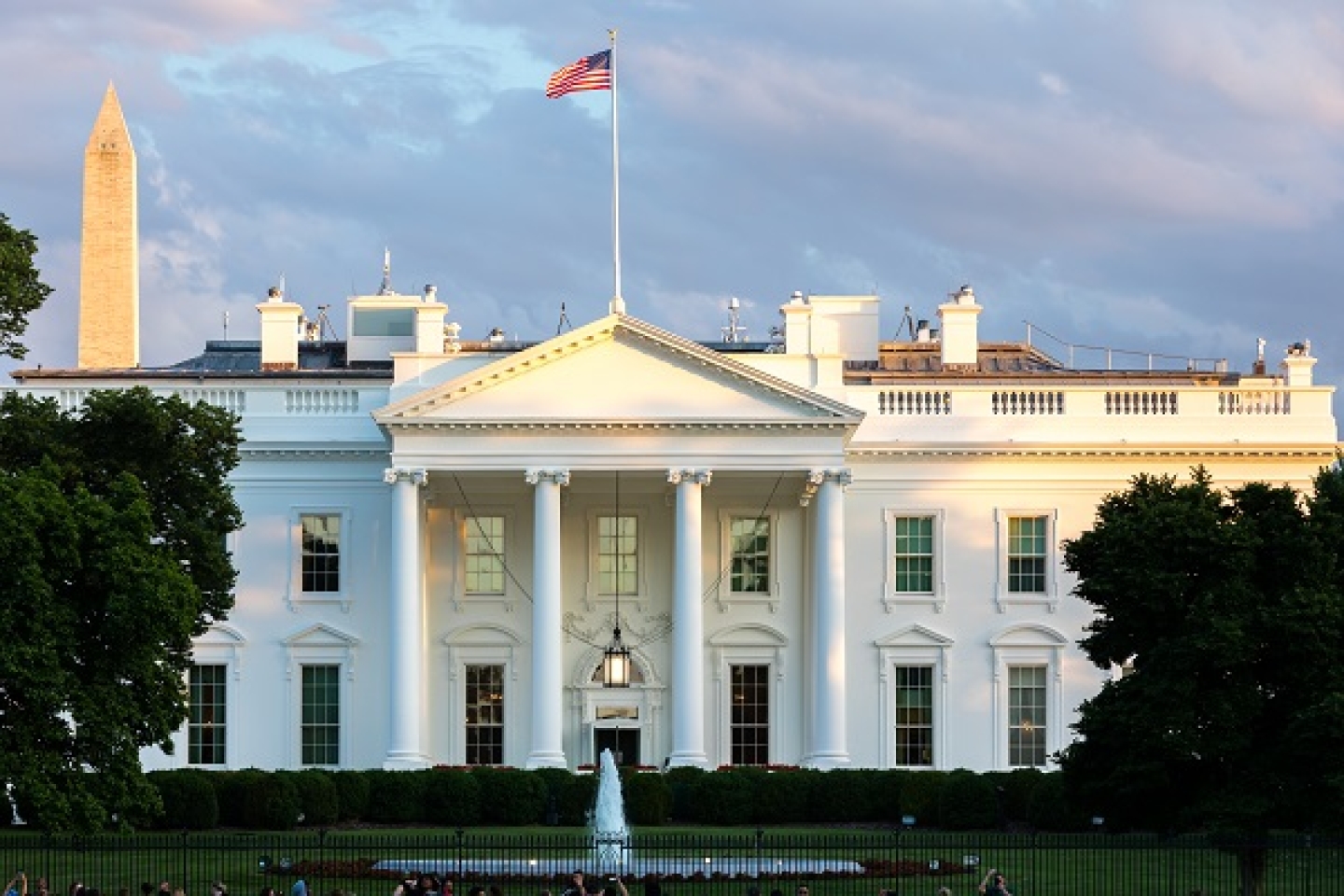White House Announces New Actions to Lower Housing Costs and Boost Supply
The central goal of the Biden-Harris administration’s Housing Supply Action Plan is an economy where everyone has access to a safe and affordable home, and to achieve that vision, the White House recently announced new actions to lower housing costs and boost housing supply, particularly for lower- and middle-income households.
Recent data show that inflation in rental markets is decelerating and more apartments are on track to be built this year than any year on record. The Administration’s actions are directly leading to the creation of tens of thousands of affordable housing units. For example, jurisdictions participating in the American Rescue Plan’s (ARP) HOME program will produce at least 20,000 units of affordable housing and support an additional 23,000 households with rental assistance, non-congregate shelter, or supportive services. Treasury recently announced that communities across the country will use ARP State and Local Fiscal Recovery Fund funds for 2,500 separate projects and developments to meet housing needs and combat homelessness. And since the Administration’s restart of the Federal Financing Bank’s Risk Sharing program, almost 12,000 rental homes have been created or preserved.
Late last month, the White House announced new actions to:
- Reduce barriers to build housing (like restrictive and costly land use and zoning rules);
- Expand financing for affordable, energy efficient and resilient housing; and
- Promote commercial-to-residential conversion opportunities, particularly for affordable and zero emissions housing.
Below are highlights. For more information, read the full announcement.
- The Department of Housing and Urban Development (HUD) announced the Pathways to Removing Obstacles to Housing (PRO Housing), a first-of-its-kind $85 million program to provide communities with funding to identify and remove barriers to affordable housing production and preservation. HUD will award grants of up to $10 million to jurisdictions that have an acute demand for affordable housing and are working to identify, address, or remove barriers to housing production and preservation. Funding can be used for planning and policy activities to allow for higher-density zoning and rezoning for multifamily and mixed-use housing, streamlining affordable housing development, and reducing requirements related to parking and other land use restrictions. Funding can also be used for infrastructure activities necessary for the development or preservation of housing.
- HUD announced that it will allow larger loans to participate in the agency’s Low-Income Housing Tax Credit (LIHTC) Pilot Program, which increases the number of apartment sites eligible for a program that streamlines financing. HUD also updated guidelines to allow public housing authorities (PHAs) to more easily use housing vouchers and mixed-finance transactions to create or preserve housing.
- The White House will lead a new interagency working group to develop and advance federal funding opportunities that support the conversion of commercial properties to housing, and leverage climate-focused federal resources to create zero emissions and affordable units. For example, programs like HUD’s PRO Housing announced today, as well as investments from President Biden’s Inflation Reduction Act and Bipartisan Infrastructure Law, can be used for such conversions. As part of this initiative, the General Services Administration (GSA) will launch an effort to identify and market surplus federal properties that represent the best opportunities for commercial-to-residential conversions. Ongoing conversion projects from GSA dispositions are already producing over 1,000 new housing units. The initiative will continue to convene developers, municipalities, and other stakeholders to learn about opportunities and challenges.



